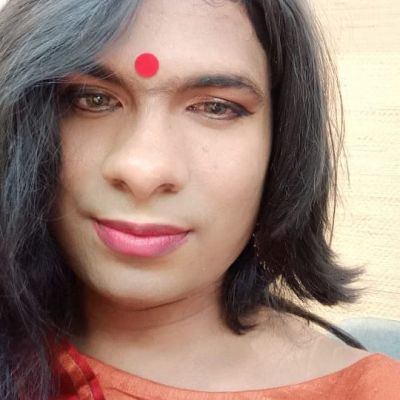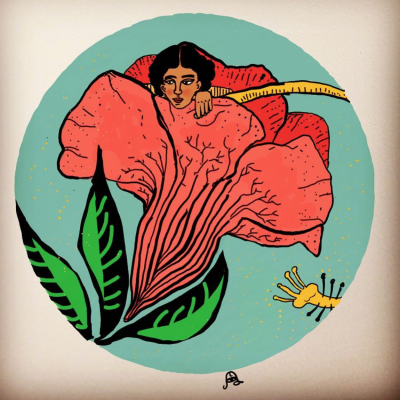LGBTQ
In our mid-month issue, we have the second part of the Shikha Aleya’s interview with six different people talking about aspects of sexuality and diversity from their own particular space of personal knowledge, as well as work, advocacy, art and activism across diverse fields.
Fragile and fleeting like soap bubbles, pleasure shines with many colours. But its iridescence is frightening for many. Perhaps because its colours change in unpredictable and uncontrollable ways, and though fragile and fleeting, it is a world in itself
From my experiences, I find that diversity is not an end unto itself. Instead, it is a tool for reflection, a mirror that shows not only who we, and the society we live in, are in the present, but what we aspire to be in the future.
We need more spaces for marginalized people to express themselves. Although pop culture and mainstream media have yet to feature the diversity and representation we crave, fan fiction can help to fill in those gaps. And that is nothing short of feminist.
The internet is playing a major role in activism in the Valley, and love and relationships too Onaiza Drabu Since…
I am a 25-year-old cis woman and I recently had sex with another woman for the first time. It was new, it felt nice, but it just didn’t feel safe.
The researchers also concluded there was no evidence that children raised by a single parent or same-sex couples were less competent or well-rounded than other children. If anything, studies of single-parent families show these men and women are more flexible in their parenting styles than they are given credit for.
I could have called it transformation instead of transitioning. But it became clear to me that transitioning does not necessarily imply a caterpillar-butterfly story but that it means a gradual acceptance of the self (and the self is ever-transitioning); of being comfortable in your own skin (even if it means shedding skin); of perfecting your act (even if it means learning a few new things).
In an e-mail conversation with TARSHI, Alok Vaid-Menon talks about both performativity and poetic performance.
Shikha Aleya interviews Daniel Mendonca who identifies as an intersex person and is a gender rights activist who has engaged with diverse groups of people in India and other countries, to expand awareness, build empathy and foster an environment that is accepting of diversity.
Ritambhara Mehta is with Nazariya, a Delhi-based queer feminist resource group. Nazariya works on issues of gender and sexuality with a focus on issues of queer women and trans* persons.
For the two-part interview section of this month’s In Plainspeak, Shikha Aleya spoke to a few individuals who continue to push the boundaries of their work, art, and social norms, and expand the understanding of diversity and sexuality.
Desire is never straightforward, and it cannot be straitjacketed – in fact, there is nothing straight about desire at all. Any issue dealing with desire, therefore, is wasted if viewed through a monochromatic lens.
While sex sometimes can be fun, and at other times complicated and frustrating –is always love, lust or desire: which one you are signing up for and which one did you want to actually explore?
The concluding chapter reiterates the aims of the book, i.e., “to start critical conversations within the disciplines of psychology, social work, childhood studies, and family studies in India and to think about exclusions inherent in these disciplines.















